WHAT WE OFFER
Our Services
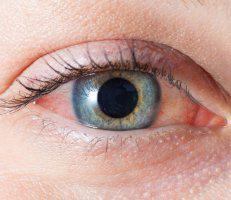
Dry Eyes
Dry eyes is a chronic eye condition that occurs if you don't make enough natural tears, or if you have poor-quality tears.
Read More
Lasik Consultation
LASIK, or laser-assisted in-situ keratomileusis, is an advanced type of laser eye surgery in which your eye surgeon shapes.
Read More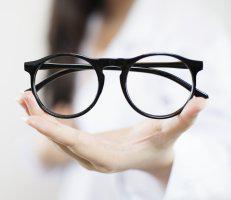
Eye Glasses
When you get your new eyeglasses prescription, Dr. Ethezaz discusses your specific lifestyle.
Read More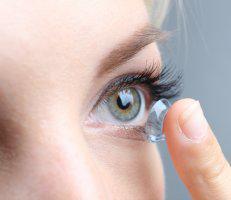
Contact Lenses
Contact lenses can be comfortable, convenient, and easy to wear, but you need an expert’s assistance.
Read More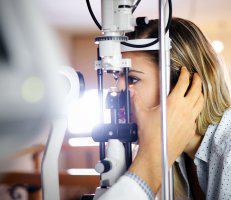
Eye Exams
At Lincoln Square Eyecare, Dr. Ethezaz offers both routine comprehensive eye exams and urgent care exams.
Read More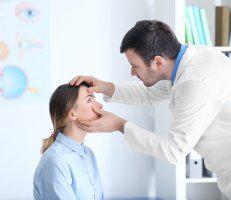
Glaucomia
Around 1.5 million Americans currently have undiagnosed glaucoma today. It’s vitally important that you have regular screenings.
Read More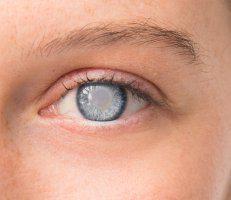
Cataracts
Cataracts can give you hazy vision, and they only grow worse over time. It’s essential to get cataract diagnosis and care quickly.
Read More
Myopia
Myopia, commonly known as nearsightedness, affects about 40% of Americans today. Whether your myopia is mild or severe, proper vision correction.
Read More